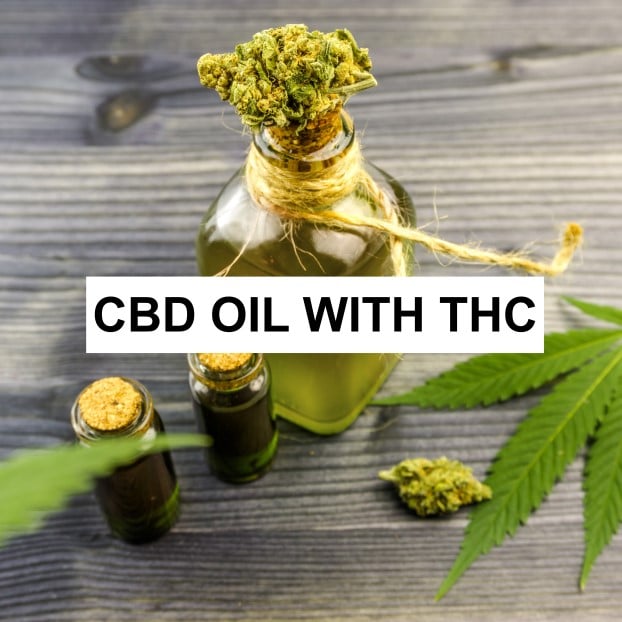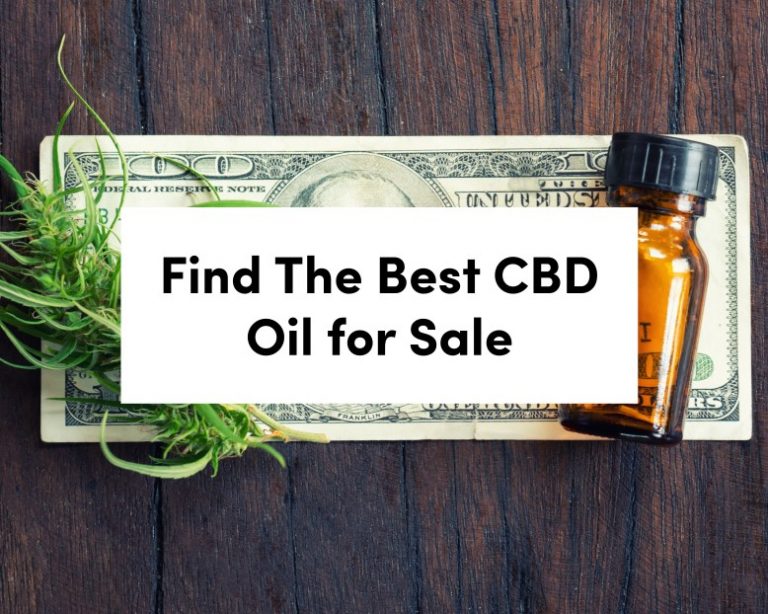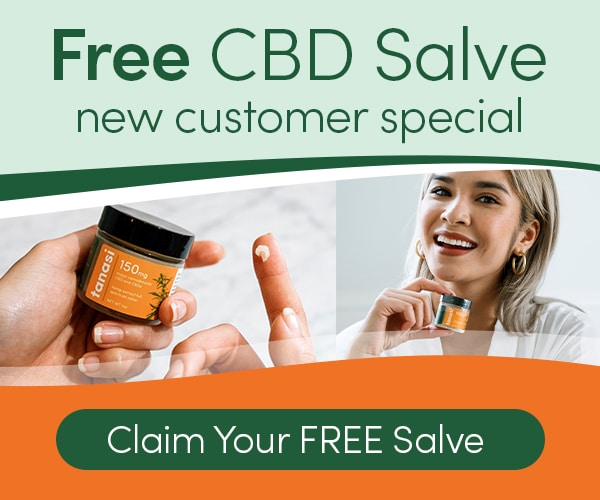Is CBD Oil With THC a Problem?

Posted on August 8th, 2021
Cannabidiol, or CBD, is a cannabinoid found in the hemp plant. Recently, we’ve learned that it has potential therapeutic effects. But we still need to know more, which is why CBD research is ongoing.
Still, it’s one promising compound, thanks to its unique properties. If you are thinking of trying CBD, chances are you have been doing some research. So you may know that you can buy ‘full-spectrum CBD,’ which is CBD oil with THC. (And a lot of other cannabinoids, too!)
Are you worried that THC content will get you in trouble with the law? Or with your job? Keep reading to understand when and why CBD oil with THC is federally legal.
What are Cannabinoids?
Cannabinoids are cannabis Sativa plant compounds. Now, the cannabis plant contains well over 480 different compounds. But only about 100 are cannabinoids.
The most well-known of these compounds? Well, it’s Δ9-THC or delta-9-tetrahydrocannabinol. CBD or Cannabidiol is another important cannabinoids. And it makes up about 40 percent of the plant’s resin extract.
These are some other cannabinoids to know about:
- Tetrahydrocannabinol (THC)
- Cannabidiol (CBD)
- Cannabichromene (CBC)
- Cannabigerol (CBG)
- Cannabinodiol (CBDL)
- Cannabinol (CBN)
Effects of cannabinoids
Cannabinoids interact with specific receptors found in our bodies, known as cannabinoid receptors. There are two kinds of CBD receptors: CB1 and CB2 receptors. And the effects they deliver depend on their type, location, and the cannabinoid they meet.
In 1992, scientists discovered anandamide. This is a naturally-occurring substance that binds to CB1 in your brain. We call this chemical an endocannabinoid. It works like plant cannabinoids, but you body produces it internally and naturally.
Cannabinoids and endocannabinoids create different effects. That’s because the receptors located in so many different parts of your body. For instance, if cannabinoids interact with your limbic system your motor skills and memory could feel the effects. Meanwhile, if they meet your mesolimbic pathways? Now your pleasure and reward responses could take notice. This meet-up could also alter your pain perception.
What’s CBD?

CBD, short for Cannabidiol, is a chemical that occurs naturally in cannabis. Mankind has used cannabis for its medicinal properties for thousands of years. Today, emerging CBD studies are demonstrating those therapeutic properties. Plus, they show that CBD is non-addictive and safe to use.
As we’ve already seen, CBD shares close ties with THC. And, of all the cannabis compounds, these two are the most studied by scientists.
Both tetrahydrocannabinol and Cannabidiol seem to offer therapeutic properties. But they have one key difference. CBD won’t get you high. That’s because CBD interacts with receptors in the brain and body differently from THC. Data even suggest that Cannabidiol may lessen or neutralize THC’s psychotropic effects. (Of course that depends on how much of both compounds you consume.)
What Does Cannabidiol Do?
CBD’s non-psychoactive properties make it a great option for potential therapeutic use. Already, it forms the base of a drug that treats certain rare types of epilepsy. And many people say it helps their depression, stress and anxiety. Cannabidiol may also play a vital role in helping relieve pain. Because it influences your vanilloid and capsaicin receptors. So it effectively blocks pain signals from traveling to your brain. And offers relief from discomfort, aches, and swelling.
What’s THC?
THC is one of several compounds present in the cannabis resin glands. So its easy to find around the plant’s reproductive organs. Remember: THC is the chemical that’s responsible for getting you ‘high’ with large doses.
Where Is CBD Extracted From?
Cannabidiol extracts come from either hemp or marijuana plants. But manufacturers usually get CBD from hemp, because it’s got high Cannabidiol and low THC content. So hemp-extracted CBD oil has high CBD levels and low THC levels. But marijuana extraction gives you CBD oil with THC in high quantities.
Can we extract CBD from Marijuana?
As we’ve already said, CBD can come from both hemp and marijuana. But what’s the real difference between the two cannabis varieties? Well, it’s the amount of THC each plant contains. The hemp plant contains less THC and more CBD, while marijuana contains less CBD and much more THC.
What’s CBD Oil?
Cannabidiol oil is any cannabis tincture, extract, or concentrate with high CBD concentrations. Most of these oils come from industrial hemp.
While CBD oil is becoming popular in the health and wellness sector, there are still concerns over the industry’s rapid growth. Limited federal protocols, hazards of potentially-ineffective or mass-produced, poorly-made products. These things have consumers wondering whether their product is safe or even legal.
CBD Oil with THC: Do All CBD Oil Products Contain THC?
People use CBD because they want to enjoy cannabis benefits without the effects of THC. For such consumers, one question always arises – Does Cannabidiol oil contain THC?
The answer to this is yes! But if you take CBD oil with trace amounts of THC, you shouldn’t feel psychotropic effects.
How the manufacture produces the CBD will ultimately dictate if it has any THC in it or not. Manufacturers can make full-spectrum CBD which includes all cannabinoids, including THC. There is also broad-spectrum CBD which has all the compounds from the cannabis plant except for THC. Finally, there are CBD isolates, which are CBD and only CBD with all other compounds removed.
Why Do Some People Avoid CBD Oil with THC?
Some people avoid using CBD oil containing THC because they think that the THC might show up in a drug test. Now, there aren’t any guarantees that trace amounts of THC found in CBD oil will not show up on drug tests. But testing guidelines for federal employees now include a cutoff value. And that should help you avoid positive results from minuscule amounts of THC. Of course, the THC detection threshold of different drug tests varies. But it’s most won’t pick up tiny amounts of THC.
CBD Oil with THC Drug Test
THC drug tests are designed to screen for tetrahydrocannabinol and not CBD. But some CBD products have trace amounts of the high-inducing compound. So it might be possible to detect it in the users’ bloodstreams during drug tests.
Now, topical CBD products such as creams, shampoos, and cosmetics shouldn’t impact drug tests. After all, they don’t enter your bloodstream. But when it comes to CBD products such as CBD gummies, oils, transdermal patches, or teas, it’s another matter.
CBD tends to linger in a user’s bloodstream for two to five days, depending on frequency and dosage. Still, if you’ve been using Cannabidiol for a while, the compound could stay in your system for up to a month.
THC lingers much longer. In fact, it’s detectable in urine tests for up to fifteen days, depending on frequency and amount. The compound gets flushed out your bloodstream in about five to six hours. But substances known as THC metabolites might still show for as long as seven days.
Several factors increase your drug test risk after taking CBD oil with THC. One of them is if you are overweight.
Cannabidiol doesn’t show up in drug tests because the tests do not screen for it. But since some cannabidiol products do contain THC, you might still fail drug tests after using CBD. If you consume CBD oil regularly, plan accordingly for when your work requires you to take a THC drug test.
How to Avoid Getting in Trouble with CBD Oil Containing THC

If you use cannabidiol oil, there are things that you could do to avoid failing a THC drug test. They include:
- Make sure your cannabidiol products are pure and that the manufacturer is legitimate.
- Consider using a CBD oil isolate extracted from hemp.
- Find out more about product processing and cross-contamination possibilities.
- If the product you are using contains THC, find out how much THC it has. Always go for products that have 0.3% THC content or less.
In theory, it’s almost impossible to get a false positives on THC drug tests from cannabidiol oil with 0.3% THC content. But there’s still little oversight on Cannabidiol. So there are no guarantees that products are 100% pure CBD oil or that the concentrations are at an effective or safe level.
As such, exercise caution and ensure you do your research when buying oil CBD products. Confirm their purity, especially if you need to take regular drug screenings.



